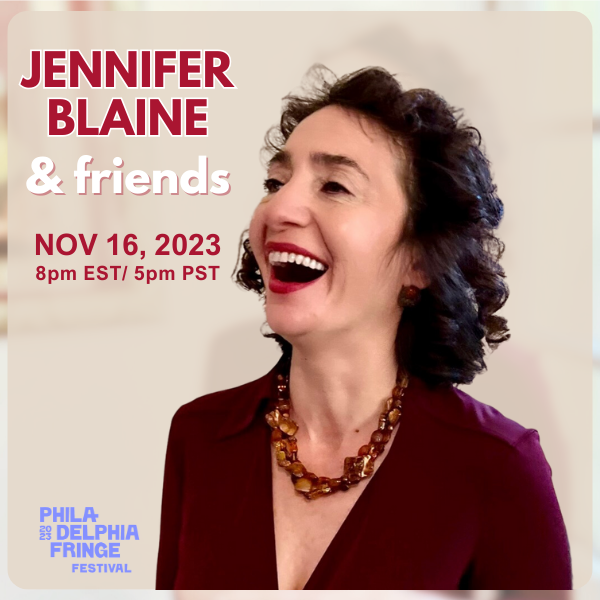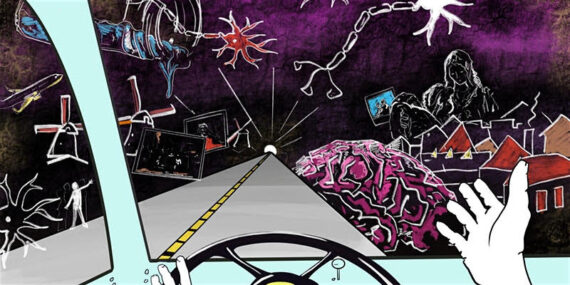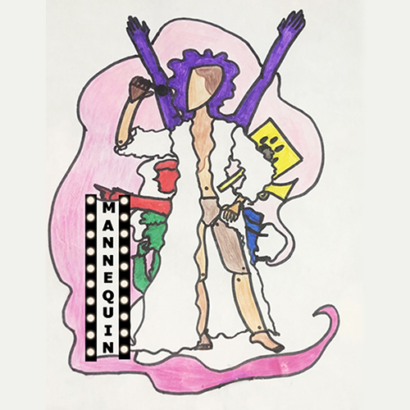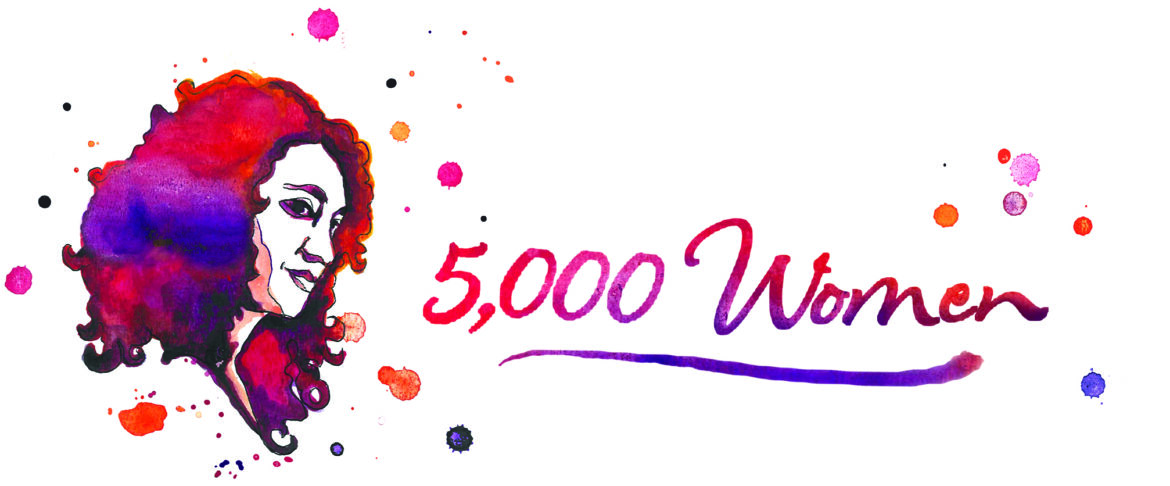
Join Me...
Because you want to spark your aliveness & creativity!
The “5,000 Women” festival recognizes the amazing creativity of women as evidenced by the astounding fact that at every moment, somewhere in the world, 5,000 women are giving birth at the same time. As women in the arts, we breathe life into our creations. The intention of the festival is to showcase the creativity of artists in all media and ultimately gather together 5,000 presenters to perform and share works, exchange ideas, and inspire change in our world.
I am doing this festival because I believe we are living in a moment where it is essential to choose to be creative in order to feel connected and alive. We also need entertainment now more than ever. As a child growing up in NYC in the 1970’s, performance art was everywhere, and I am seeking to create a forum where creative expression and entertainment is bursting forth just as I experienced it in my childhood. I am calling it “5,000 women” to emphasize women’s power, but it is for everybody to enjoy. Men are welcomed as collaborators and as support to the women performers.
Over the last 15 years I have been creating and performing one-woman shows with an emphasis on bringing humor to issues of gender, diversity and social justice. I am creating this festival as both a networking opportunity for those of us who already have an active career, as well as those who are envisioning a future in the arts.
The first performance festival will be at Wesleyan University, Middletown, CT on May 21st, 2011. Wesleyan is my Alma Mater and other Wesleyan University alumni are on board to launch the festival. The following performers are participating: Nina Shengold, Aleta Staton, Lisa Porter, Heidi Kole, Karen Gross, Jennifer Blaine, Elizabeth Liang, Stephanie Fungsang, Naaz Hosseini, Nafeesa Monro, Janet Grillo, Tamina Davar, Martha Meade, Grace Overbeke, and Dana Leslie Goldstein.
Be Funny, Be Creative, Make your Life a Work of Art
There’s the performance side… and then there’s…
“Backstage with 5,000 Women”
When I was 16, I saw Lily Tomlin perform on Broadway. Watching her genius, I heard a voice say, “I do that too.” I had no idea where this voice was coming from. It was bold and sure. Then I realized it was coming from me. It was my spirit calling me to go for it. As a girl growing up in New York City I would see a show on Broadway or Off-Broadway or participate in acting tournaments.
The feeling I got from witnessing or being engaged in artistic expression is: time stood still, everything made sense, things fell into place, the things I might not even know were inside me were somehow instantly named and validated. I mattered, I felt I was at home, connected through a network of creativity. I felt alive, free to be myself, confident. Best of all, I had an array of choices.
- Would you like to have a stronger sense of more access to your creativity?
- Would you like to experience a profound change from the inside out?
- Would you like to feel more confident in speaking about what you do?
- Would you like to feel certainty in changing your world?
You can discover answers to these questions through the “5,000 Women” workshop and support calls.
At the moment, we are doing support calls every other Thursday at 7pm EST.
In the workshop and on the calls, we enjoy the opportunity to learn and grow together and create a community of us creative types. Truly, if you want to make your life a work of art, then “Backstage with 5,000 Women” is for you.
“Join the 5,000 Women Festival today - because sometimes we can see for each other what we may not be able to see for ourselves.”



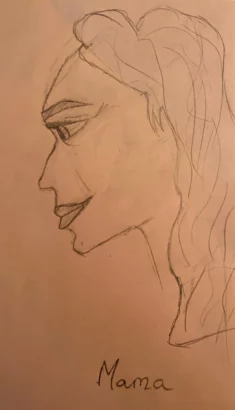 (Lily drew this picture of me New Year’s Eve)
(Lily drew this picture of me New Year’s Eve)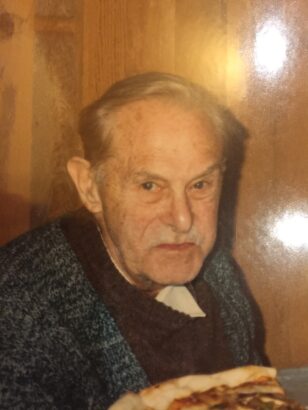
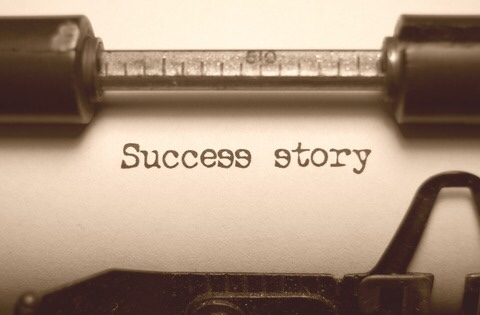
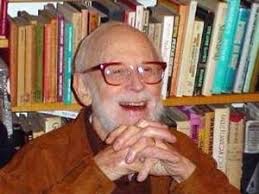
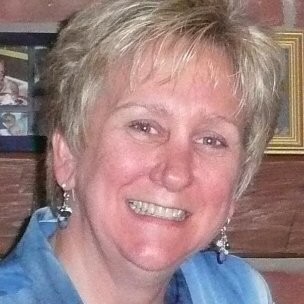


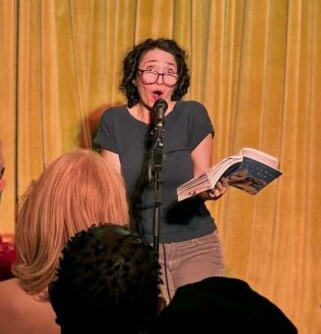
 Read full article
Read full article 